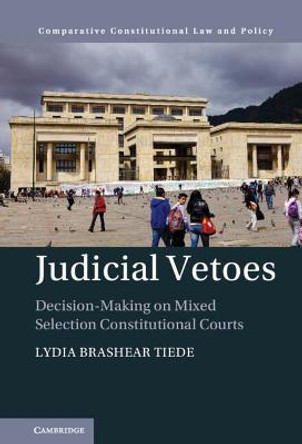While many recent observers have accused American judges - especially Supreme Court justices - of being too driven by politics and ideology, others have argued that judges are justified in using their positions to advance personal views. Advocating a different approach - one that eschews ideology but still values personal perspective - H. Jefferson Powell makes a compelling case for the centrality of individual conscience in constitutional decision making.Powell argues that almost every controversial decision has more than one constitutionally defensible resolution. In such cases, he goes on to contend, the language and ideals of the Constitution require judges to decide in good faith, exercising what Powell calls the constitutional virtues: candor, intellectual honesty, humility about the limits of constitutional adjudication, and willingness to admit that they do not have all the answers. "Constitutional Conscience" concludes that the need for these qualities in judges - as well as lawyers and citizens - is implicit in our constitutional practices, and that without them judicial review would forfeit both its own integrity and the credibility of the courts themselves.
About the AuthorH. Jefferson Powell is a professor at Duke Law School. His books include A Community Built on Words: The Constitution in History and Politics, also published by the University of Chicago Press.
Reviews"This is an inspiring and wise book. It is imbued with the very virtues it expounds and advocates: faith, integrity, candor, and humility. Powell's arguments are cogent and incisive - they invariably go to the heart of the matter - and his critiques are profound." - James E. Fleming, author of Securing Constitutional Democracy"
Book InformationISBN 9780226677255
Author H. Jefferson PowellFormat Hardback
Page Count 144
Imprint University of Chicago PressPublisher The University of Chicago Press
Weight(grams) 340g
Dimensions(mm) 22mm * 15mm * 2mm








